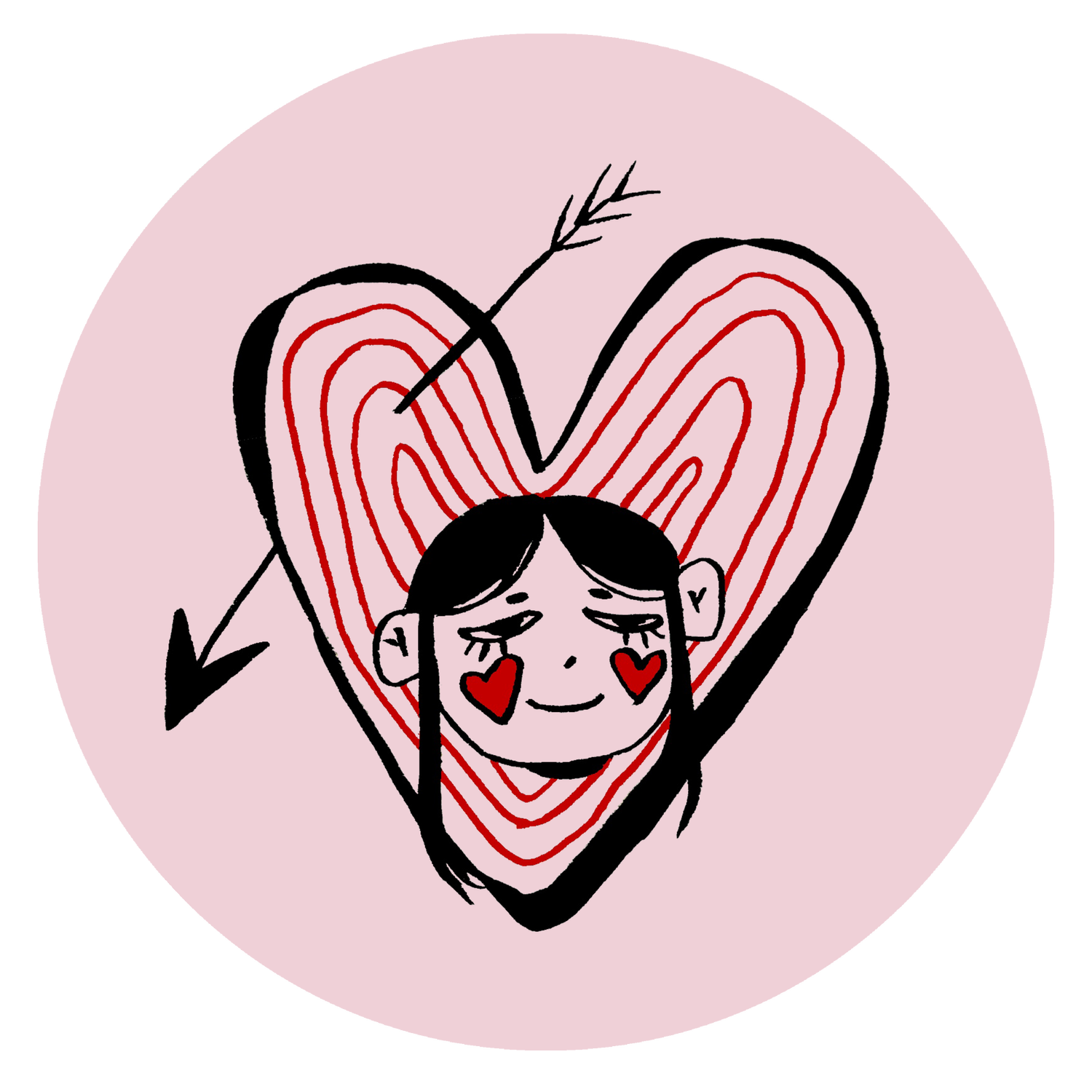Love As Justice
When writing an article about “Eternal Sunshine of the Spotless Mind” for my school newspaper, I went through a few stages of thought. I considered 1) dying my hair blue for the 14th time, and more philosophically, 2) whether ignorance can truly be bliss.
The latter is perhaps a more worthy concern.
A teacher who knew about my forays into activism once told me I have a "bleeding heart.” While discussing Albert Camus' book The Plague during a timely virtual book club (we love being in a pandemic!), he remarked that I am “a Tarrou sort of character.” Characterized by his constant gaze into the void of evil — evil being society's ills — this comparison of me to Tarrou is not exactly wrong.
I get the impression my teacher is warning against my jaded worldview. I know ignorance can be bliss; I sometimes feel like it might be better for my mental health, if I didn’t get caught up in the intricacies of current politics and history. As I (and most of my peers) become radicalized, we learn about centuries of brutal colonialism, genocide, slavery, and see this translating to today’s horrors of systemic racism and mass incarceration and pretty much every societal issue. Learning about this trauma, sometimes passed down from our families and ancestors, is hard on one’s psyche.
And once I dive into a subject, I can’t help but hurt. I empathize, because behind every horrifying statistic is an even more harrowing plight, one of an individual light of humanity. It’s hard to distance myself and think clinically about an issue.
But it’s what we do about the issues we care about that matters. In San Jose, you'll find us organizing. On the nights taking the underfunded bus line, I project false bravado to scare off the frightening darkness, while trying to advocate to save public transit from being even more defunded. Or spending every waking moment for two months canvassing for the campaign I believed in. Or the myriad of Zoom calls organizing climate justice events, or discussing decarceration with progressive D.A.s, or phone banking for candidates that we hope will get us ever closer to that benchmark policy for a "livable future." I know electoralism is not the answer, and that voting is not harm reduction — neither will save us! But as a 16 year old girl, I’m not sure what else I can do to help. I reject being beholden to electoral systems, but the question I’ve been mulling over lately is how else to organize. What other frameworks are there, that don’t revolve around politics? I can’t bear doing nothing and falling into complacency.
My cross country coach always told us to “get comfortable being uncomfortable,” which I’ve taken to heart. This difficulty is not leaving anytime soon, and it’s important to me to talk about the uncomfortable realities of the world. Discomfort is the only way we learn and grow — through discussion, knowledge, and action. It’s often uncomfortable, but we have to.
Let’s keep organizing, in whatever form it may take. Throughout everything I’ve experienced, I’ve learned that love is entrenched within our fight. Love is liberation. Our hearts are all muscles the size of a fist, and we must exercise it by practicing love and organizing for justice. James Baldwin once said, “If I love you, I have to make you conscious of the things you don’t see.” Let’s keep pioneering the way past easy truths, critically think beyond surface level assumptions, and commit to the never ending struggle for justice.
